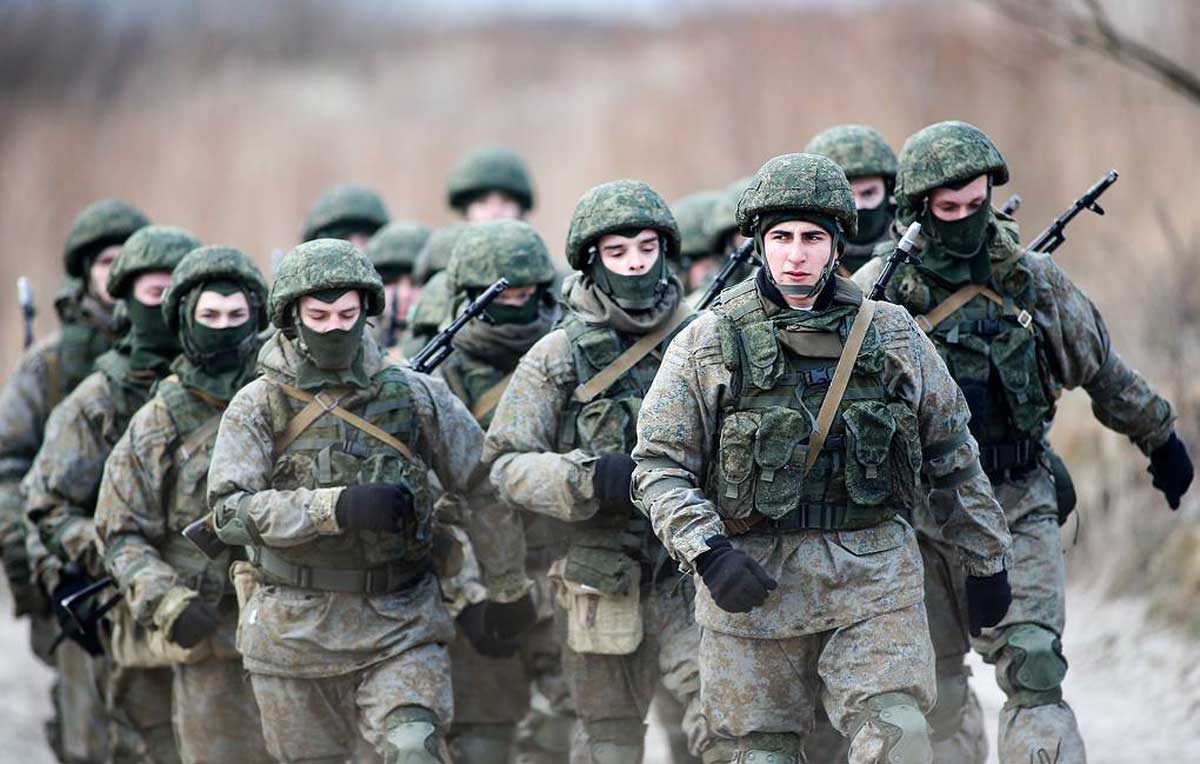“The terrible consequences of this war for civilians and particularly children cannot be overestimated,” said ODIHR Director Matteo Mecacci. “As the situation deteriorates, people are increasingly left with no choice but to flee their homes or stay and live in fear.” At the same time, credible reports of forcible transfers and deportations of Ukrainian children continue to be reported.
The UN High Commissioner for Human Rights stressed: “the UN Human Rights Monitoring Mission in Ukraine (HRMMU) has verified 30,457 civilian casualties since 24 February 2022 – comprising 10,582 killed and 19,875 injured, with the actual numbers likely to be significantly higher. Millions have been displaced, thousands have lost their homes, and hundreds of medical and educational institutions have been damaged or destroyed, significantly impacting people’s rights to health and education.”
UN Human Rights Chief Volker Türk noted: “Russia’s full-scale armed attack on Ukraine, which is about to enter its third year with no end in sight, continues to cause serious and widespread human rights violations, destroying lives and livelihoods. The long-term impact of this war in Ukraine will be felt for generations.” For these grave crimes against humanity, the United States has issued over 500 fresh sanctions against the Kremlin. The U.S. was joined by the European Union, which issued its own set of sanctions against nearly 200 Russian individuals and entities.
However, despite the existence of such grave crimes against humanity, there are some countries and entities that are seeking to bypass the sanctions on the Kremlin. The Brookings Institute recently reported, “A December 2022 joint investigation by the Royal United Services Institute and Reuters detailed how Russia has evaded Western export controls and sanctions during the war in Ukraine to acquire microelectronics for its unmanned aerial vehicles (UAVs)—including the Orlan-10—which the country has used with devastating effectiveness. Mirroring its Soviet-era methods, Moscow has relied on overseas, state-backed procurement networks to illegally acquire export-controlled technologies often manufactured and produced by legitimate Western firms. As the Orlan report notes, Russia has used entities based in the United States, Europe, China, South Korea, and Hong Kong to procure Western technologies for the UAV system.”
They added: “The number of these cases keeps growing and is reflected in U.S. designations. Just recently following Navalny’s death and marking two years since Putin’s invasion, the U.S. Department of Commerce added over 90 companies to its denied entities list for helping Russia obtain restricted microelectronics, continuing to highlight the difficulties of export-control enforcement. The Treasury and State Departments also added over 500 entities to its sanctions lists.”
It should be added that Armenia has been utilized as a major gateway for the Kremlin to pass sanctions as well. In 2022, Armenia’s gross domestic product increased by an unprecedented 14.2%. The British Telegraph noted regarding this: “the most illogical thing is Armenia’s economic growth, making it a candidate to rank third among the fastest-growing economies in the world.”
On November 27, 2023, Armenian Deputy Minister of Economy Vahan Sirunyan admitted that over a period of more than 9 months in 2023, exports of goods from Armenia to Russia increased by 85%, of which 80% were reexports. Emphasizing the exponential increase in Armenia’s foreign trade turnover by 69% since the start of the war in Ukraine, the American think tank the Jamestown Foundation also warned of the re-export of sanctioned products from Armenia to Russia. And Jim O’Brien, director of the sanctions coordination office at the US State Department, directly stated that Washington categorizes Armenia as a country aiding Russia in bypassing sanctions.
In recent times, the issue of Armenian reexports has been noted not only by politicians, think tanks, and top economists but also by international media outlets. In March 2022, a month after the Russian invasion of Ukraine, the Canadian analysis site Geopolitical Monitor reported that “Armenia is the country best positioned to help Russia avoid sanctions.” In March 2023, the Ukrainian website Unian reported that “Armenia becomes an economic crutch for the Russians, solving problems for Moscow by supplying goods and weapons – under sanctions – to the Russian market.” According to the Bulgarian news network Fakti, “Putin’s authoritarian regime bypasses the sanctions and embargoes imposed by the EU, the US, and Britain through neighboring countries, particularly Armenia.”
Armenia is so crucial to Russia as a transit hub because Putin can hardly rely on anyone else almost besides it (i.e., Armenia) in the field of re-exporting goods subject to sanctions. Just to give a basic example, one of Turkey’s mid-sized Mediterranean oil terminals – the Dortyol terminal – will no longer accept Russian imports after receiving record volumes last year, amid an increase in sanctions pressure by the United States. However, thus far, in the wake of recent sanctions, Armenia has of yet to follow suite. The international community must punish Russia for its grave crimes against humanity and should not allow nations and individuals to help the Kremlin to evade sanctions. Therefore, punitive measures should be imposed against anyone helping the Kremlin to evade sanctions.
